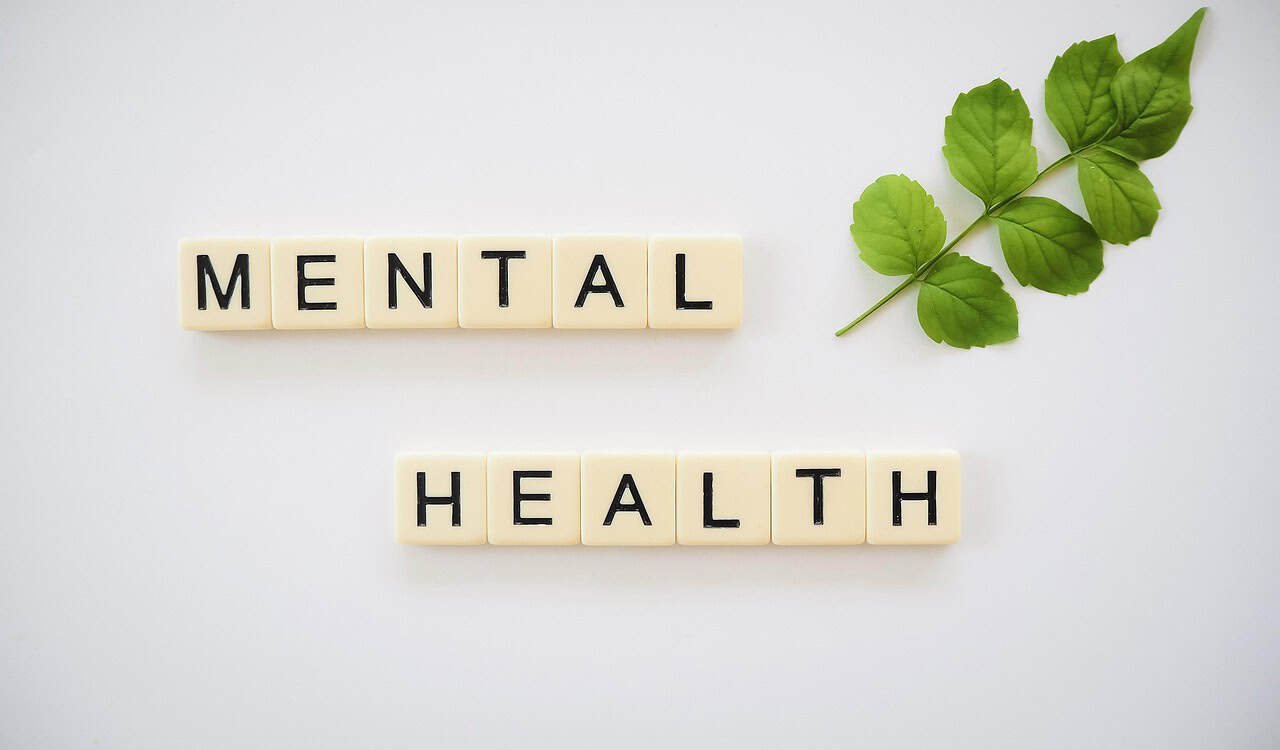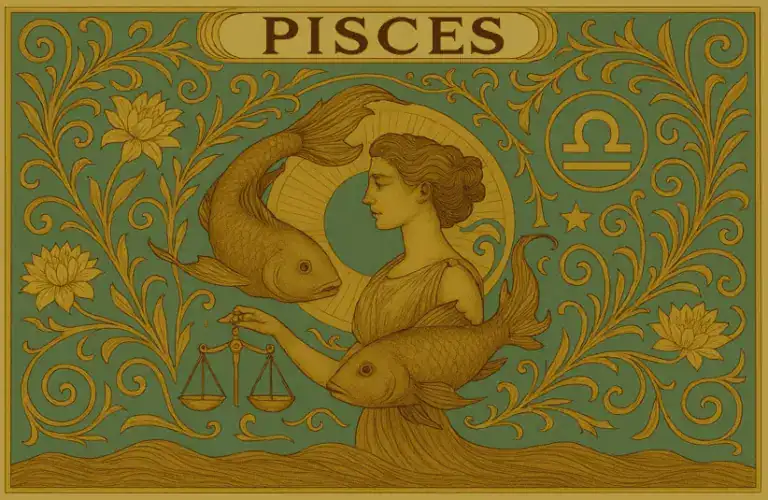Why More People Are Turning to Rituals for Mental Health Support
More and more people are turning to rituals as a way to support their mental health. This renewed interest demonstrates a growing awareness that healing entails reconnecting with traditions that provide emotional support and spiritual nourishment. Whether rooted in age-old customs or newly crafted daily practices, rituals bring a sense of order, meaning, and purpose that many feel is missing in today’s life. From morning meditations and journaling to lighting candles, praying, or enjoying mindful tea ceremonies, these serve as anchors amidst the chaos. They are helping individuals manage their emotions, ease anxiety, and foster a sense of inner peace.
They provide comfort and predictability that calm the nervous system and build resilience due to their symbolic and repetitive nature. As mental health challenges become increasingly common around the globe, the allure of rituals lies in their accessibility, adaptability, and their powerful ability to foster connections. Ultimately, the rising acceptance of these signals a cultural shift towards holistic well-being, where therapy is not just clinical but also deeply personal, spiritual, and ritualistic.
Emotional Grounding
In a world that often feels chaotic and unpredictable, these can offer a vital source of emotional stability and consistency. Mental health rituals, in contrast to routines that only focus on productivity, are purposeful activities that are meant to help people reconnect with their inner selves. People can pause, process their emotions, reflect, and gain clarity through these practices, regardless of their spiritual, cultural, or personal origins.
Many discover that engaging in mental health rituals—like blogging, meditating, or lighting a candle—provides a daily refuge, allowing them to unwind and take a deep breath amidst the chaos. They serve as an emotional anchor, helping to alleviate stress and anxiety while fostering a sense of control and peace, all of which are essential for maintaining mental well-being. As more individuals explore holistic approaches to treatment, the emotional advantages of these are increasingly recognized as a crucial aspect of support.
Predictability and Structure
Rituals have a remarkable ability to introduce predictability and order into our daily lives, which are crucial for maintaining good mental health. During uncertain times, these act like psychological anchors, providing a familiar rhythm that helps us manage our mood and behavior. Whether it’s starting the day with some stretching and positive affirmations or winding down in the evening with a good book and reflection, these practices create a sense of structure and stability. Because it lightens the mental load and promotes emotional equilibrium, this kind of consistency is especially helpful for people who are dealing with depression or anxiety.
Spiritual Connection and Meaning
Rituals do more than just offer emotional and psychological perks; they also create a deep sense of spiritual connection and meaning, which is becoming increasingly important for our overall health. Activities like prayer, chanting, and engaging in cultural events are perfect examples of spiritual rituals that help individuals feel part of something greater than themselves. This sense of connection fosters purpose, belonging, and inner peace—elements that are essential for both mental and emotional well-being. Even rituals that are secular in nature can hold significant symbolic meaning, turning ordinary moments into profound spiritual experiences.
Bottom Line
In today’s fast-paced world, where our emotional resilience is constantly put to the test, the age-old practice of these is stepping into the spotlight as a powerful and accessible form of mental health support. Offering everything from emotional grounding and structure to a sense of spiritual connection and community, these satisfy a wide range of human needs. Their straightforward nature, adaptability, and rich symbolism make them perfect for helping us navigate stress, anxiety, and uncertainty with poise and purpose. These meaningful actions help us reconnect with both ourselves and the world around us, whether we do them by ourselves or with others.







